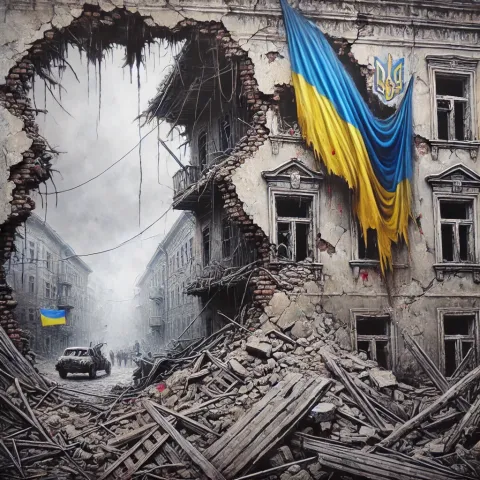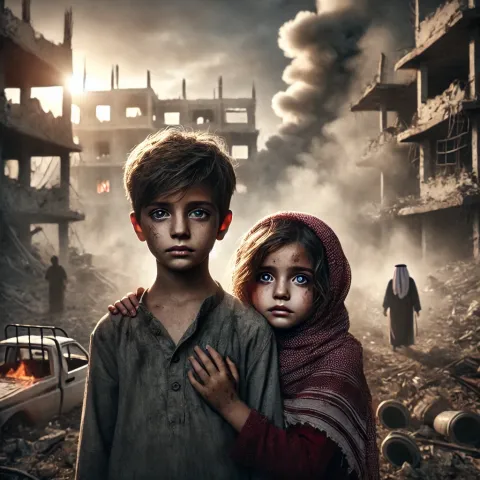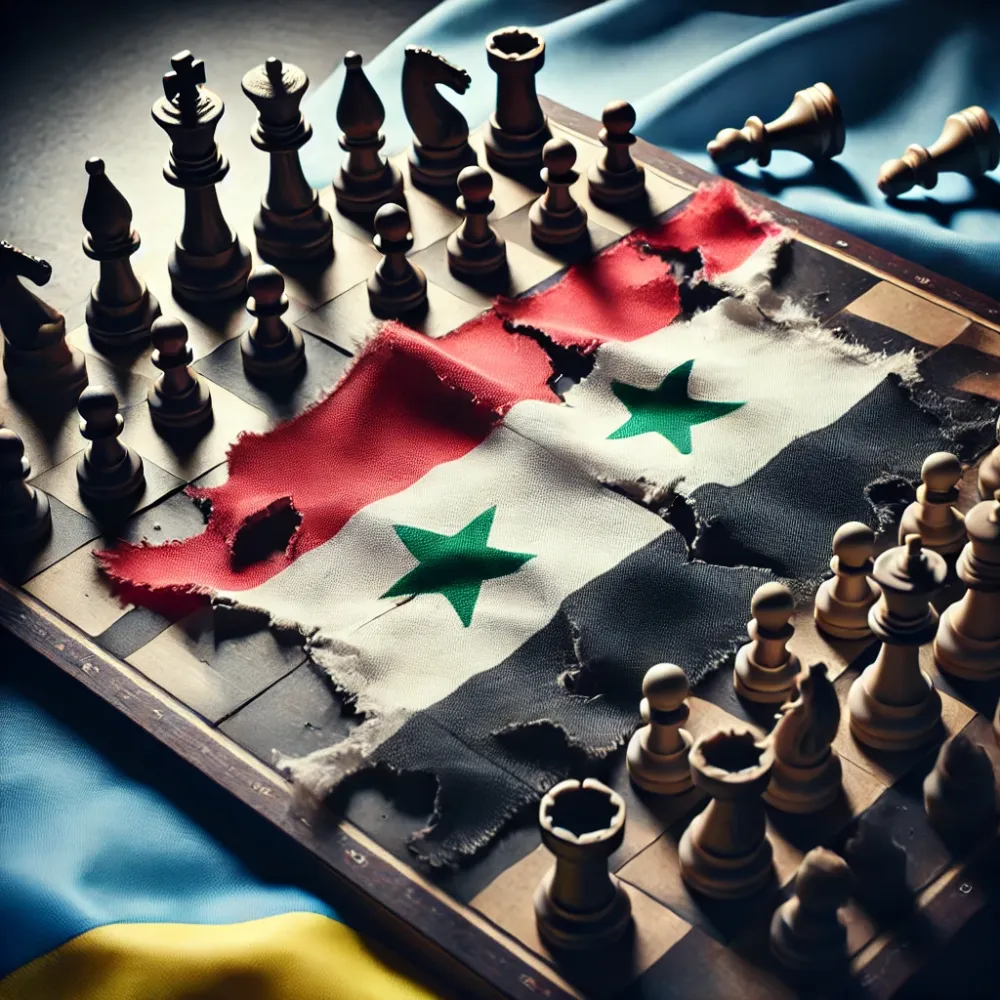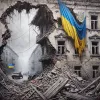The Syrian gambit. How the conflict shaped modern global issues
How the War in Syria Became the Precursor to the War in Ukraine. Discover how the Syrian war and Middle East energy politics set the stage for the Ukraine conflict.
An insightful dive into geopolitics, human cost, and propaganda.
Syria has always been more than just another Middle Eastern country. Strategically positioned in the heart of the region, it sits at the crossroads of energy and politics. In 2009, Qatar proposed a bold pipeline project to deliver natural gas through Saudi Arabia, Jordan, Syria, and Turkey straight into Europe.
For Western nations, it was a dream come true—a way to diversify Europe’s energy supplies and reduce dependence on Russia.
But for Moscow, it was a nightmare. Russia, as Europe’s largest gas supplier, saw this project not as competition but as an existential threat. If Europe gained access to cheap and reliable Qatari gas, the Kremlin’s ability to wield energy as a political weapon would evaporate. Protecting this leverage wasn’t optional; it was vital to maintaining its influence.
And so, the Syrian war quickly morphed into something far bigger than a regional conflict.

A Deal in the Shadows
When Donald Trump shocked the world by winning the US presidency in 2016, his talk of "getting along with Russia" set off alarm bells. But behind the fiery tweets and headlines, something much quieter—and more significant—was taking shape.
According to multiple reports, informal talks between Trump’s team and the Kremlin resulted in an unwritten understanding: Russia would scale back its involvement in Syria, handing the US more room to manoeuvre in the Middle East.
In return, Washington would pull back on Ukraine, effectively leaving Europe to shoulder the burden of Russian aggression in Crimea and the Donbas. This quiet agreement may explain why Syrian rebel groups, armed with little more than Kalashnikovs, suddenly began making gains. Russia, stretched thin by rising military costs and a precarious domestic economy, started to shift its focus.
Ukraine, not Syria, became the priority—a vital front in Moscow’s broader struggle with NATO. Meanwhile, the US took a step back, pushing European nations to lead the charge in supporting Kyiv.

The Real Cost of the Great Game
Syria and Ukraine are more than just geopolitical battlegrounds; they are human tragedies.
Millions of ordinary people—farmers, shopkeepers, parents—have found themselves trapped in conflicts they never chose.
Take the story of Fatima, a schoolteacher from Aleppo. She fled home in 2016 after an airstrike leveled her neighbourhood.
“We heard the planes, but no one thought they would hit us,” she said. “When the bombs came, there was no time to think, only to run.” Fatima now lives in a refugee camp, teaching children who may never see their homes again.
Her story mirrors that of Bogdan, a Ukrainian farmer forced to abandon his land after Russian shelling destroyed his village. “They tell us it’s for freedom or justice,” he said bitterly.
“But I’ve lost everything—what kind of justice is that?” These are the voices of wars fought far from the decision-making halls of power but deeply felt in the homes and hearts of ordinary people. Meanwhile, the profiteers of these conflicts thrive.
Defence contractors sign multi-billion-dollar deals. Energy companies vie for control of oil and gas reserves. Even reconstruction—promised as a path to hope—often turns into a profit-driven race, leaving the very people it’s meant to help sidelined.

Breaking the Cycle
So, where does this leave us?
What can ordinary people do against the immense machinery of war and propaganda? The first step is to question.
Ask who benefits. Challenge the narratives.
Resist the temptation to accept simplistic slogans that paint complex conflicts in black and white.
Wars like those in Syria and Ukraine remind us that the true cost isn’t paid in political victories or territorial gains. It’s paid in shattered lives, broken cities, and lost hope.
But perhaps the greatest act of resistance is this: to think critically, to see through the smoke and mirrors, and to refuse to be a pawn in someone else’s game.



